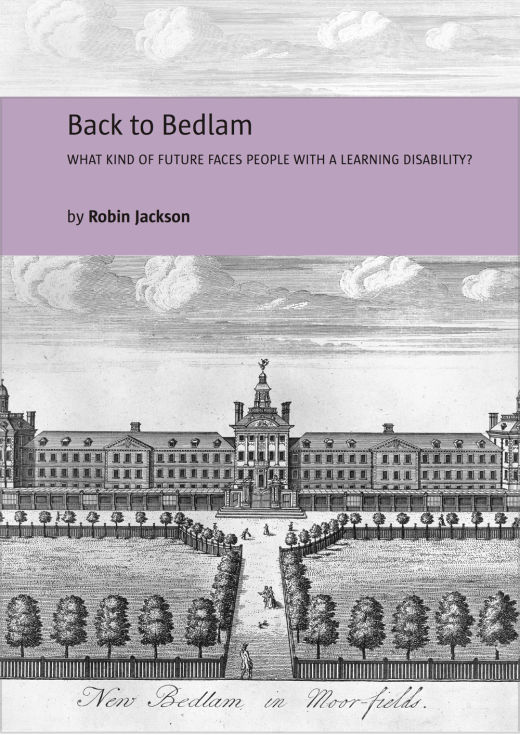This report describes how and why support of people with a learning disability is heading backwards in the UK because of austerity and the complicity of civil society.
Author: Robin Jackson
This authoritative review of recent public policy and practice around support of people with a learning disability argues that we have reached a critical point of crisis. Government has failed to listen to people, families or their best allies. Instead policy has been shaped by inhuman drives that endanger people's dignity and their proper place in the community.
Decades of slow progress, often led by families and disabled people, has been reversed as local government and the NHS increasingly rely on institutional services, often provided by large, private-sector corporations, with no commitment to human rights. The declining standard of public policy has been accelerated by austerity which has justified cuts in support and basic income which are in breach of international standards. Moreover these policies have been imposed without any significant accountability or discussion.
Perhaps most worryingly, resistance to these policies is minimal. Most charities, advocacy bodies and academics seem to lack the independence, integrity or organisational will to stand up for the basic human rights and interests of those they exist to serve. This has the effect of blinding the general public to the severity of the current crisis and the need of urgent action.
The report makes a series of important recommendations:
Read and download the free pdf in your browser, link below.

The publisher is the Centre for Welfare Reform.
Back to Bedlam © Robin Jackson 2017.
All Rights Reserved. No part of this paper may be reproduced in any form without permission from the publisher except for the quotation of brief passages in reviews.
Deinstitutionalisation, intellectual disabilities, social care, England, Paper